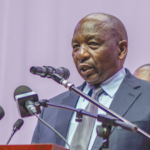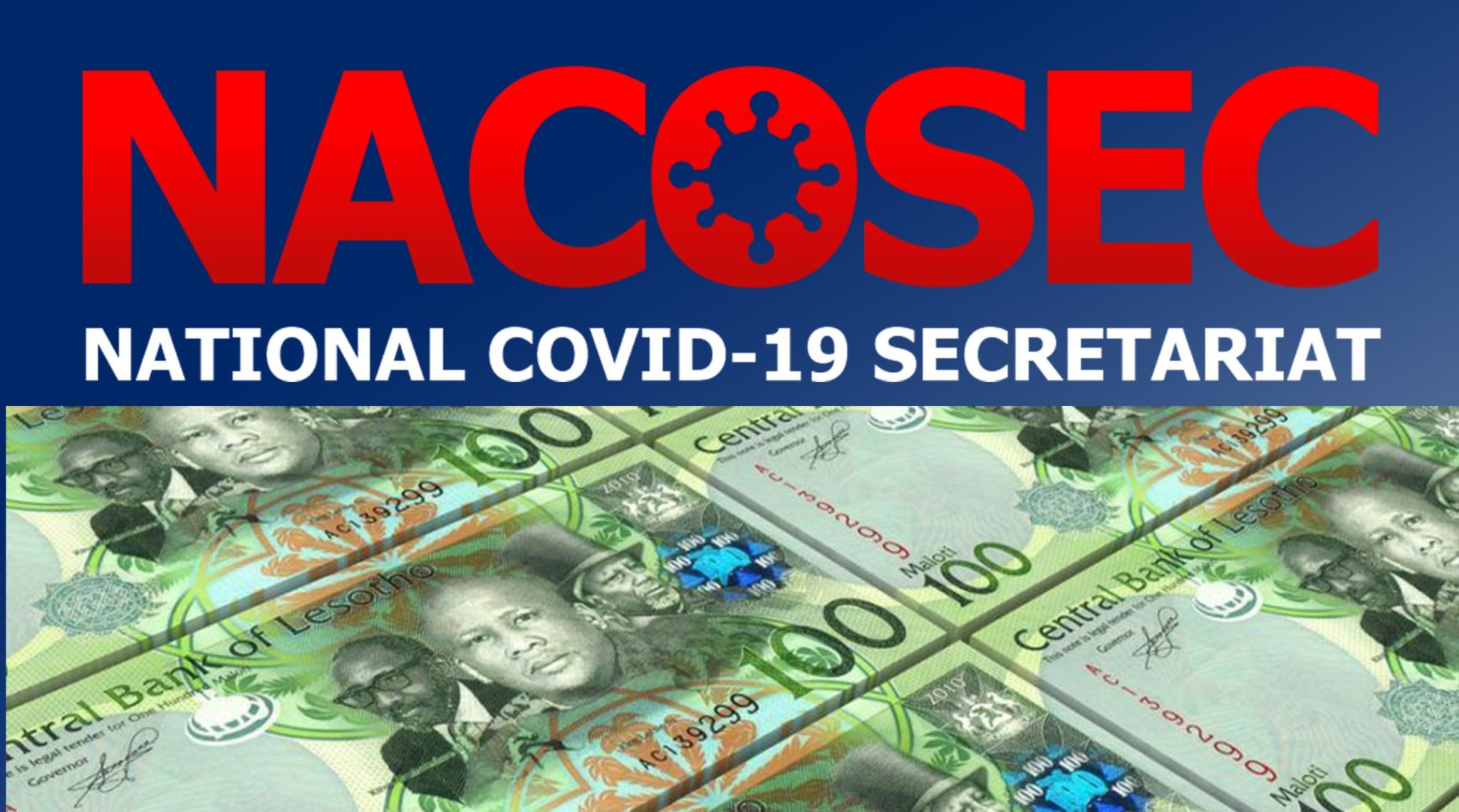Motsamai Mokotjo
The Auditor General’s 2021 report on COVID-19 Related Expenditure has shed light on a concerning pattern of financial mismanagement, specifically when it comes to food procurement during times of crisis.
This report should not come as a surprise to those who have been following government spending during various events, where extravagant expenses have become the norm.
It raises questions about the government’s ability to handle public funds responsibly, especially in times of crisis.
During the implementation of restrictive Public Health Regulations and the activation of the Disaster Management Act of 1997, the government deemed it necessary to establish the National Emergency Command Centre, later renamed the National COVID-19 Secretariat.
Despite the existing legal framework and operational structures that were deemed adequate to respond to an emergency or disaster, the government opted to create new entities instead. This decision is a perplexing one, as it suggests a lack of faith in pre-existing systems.
The Auditor General noted in the 2020 report that, “instead of strengthening the existing structures, the government operated to establish new structuresâ€.
This approach raises questions about the government’s strategy in crisis management and allocation of resources. It is crucial to critically evaluate whether these newly established structures were necessary or if they were created as an avenue for siphoning public funds.
As Basotho were subjected to stay-at-home orders to curb the spread of the virus, policymakers seemed to echo the infamous words attributed to Marie Antoinette, “let them eat cake.â€
The glaring examples of extravagant spending on food procurement during the pandemic only serve to reinforce this perception. It is alarming that while ordinary citizens were struggling to make ends meet, the government was allocating exorbitant sums of money for food supplies.
The Auditor General’s report highlights a particular case where three suppliers were selected and awarded contracts under limited competitive tendering to supply 14,000 fortified drinks, 14,000 biscuits, and 7,000 Phuzamandla for Lesotho Defence Force (LDF) members engaged in COVID-19 operations.
What is most concerning is the vast disparity in prices charged by these suppliers for the same commodities. One supplier charged a total of M326,900, another M456,400, and the third an astonishing M658,000. Such glaring inconsistencies in pricing raise serious questions about the procurement process’ integrity and transparency.
Before the National Assembly’s Public Accounts Committee (PAC), tasked with protecting the country’s treasures, civil servants struggled to provide a reasonable explanation for such ludicrous expenditure on food.
The PAC plays a vital role in holding the government accountable for its financial decisions, ensuring that taxpayer money is spent judiciously and in the best interest of the nation. The Auditor General’s report serves as a wake-up call, signalling the need for greater scrutiny and transparency in government spending.
It is essential to recognize that government spending during crises like the COVID-19 pandemic carries a significant moral and ethical responsibility.
The government is entrusted with public funds to safeguard the well-being of its citizens, especially during challenging times. Extravagant spending on food procurement not only erodes public trust but also diverts resources from critical areas such as healthcare, education, and social support.
The Auditor General’s report should prompt a comprehensive review of government procurement processes, particularly during emergencies. This review must aim to eliminate inefficiencies, corruption, and wasteful expenditure. There is an urgent need for greater transparency and accountability in how public contracts are awarded and how taxpayers’ money is spent.
Subsequently, it is crucial for the public to remain vigilant and actively participate in holding the government accountable. Transparency and accountability are cornerstones of a functioning democracy, and citizens have the right to know how their tax contributions are being utilized, especially during times of crisis.
The lessons learned from the Auditor General’s report should serve as a catalyst for positive change in the country’s governance and financial management.
It is an opportunity for the government to rebuild public trust by implementing robust measures to prevent financial mismanagement and ensure that public funds are used for the benefit of all citizens.
The AG’s 2021 report on COVID-19 Related Expenditure reveals a troubling pattern of financial mismanagement and extravagant spending on food procurement during a global pandemic.
This report should serve as a wake-up call for the government and the public alike. It is imperative that steps are taken to strengthen transparency, accountability, and efficiency in government spending, especially during times of crisis.
This country’s citizens deserve nothing less than responsible and ethical governance that prioritizes their well-being above all else.
Summary
- During the implementation of restrictive Public Health Regulations and the activation of the Disaster Management Act of 1997, the government deemed it necessary to establish the National Emergency Command Centre, later renamed the National COVID-19 Secretariat.
- The PAC plays a vital role in holding the government accountable for its financial decisions, ensuring that taxpayer money is spent judiciously and in the best interest of the nation.
- It is an opportunity for the government to rebuild public trust by implementing robust measures to prevent financial mismanagement and ensure that public funds are used for….

Your Trusted Source for News and Insights in Lesotho!
At Newsday Media, we are passionate about delivering accurate, timely, and engaging news and multimedia content to our diverse audience. Founded with the vision of revolutionizing the media landscape in Lesotho, we have grown into a leading hybrid media company that blends traditional journalism with innovative digital platforms.









